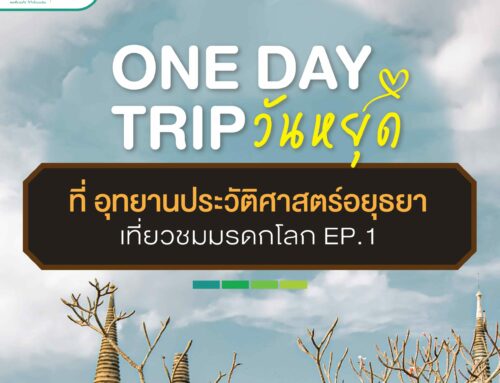When you go on holiday, do you like to relax by the hotel pool and chat with other tourists? Or do you prefer to stay with local families and learn about their culture by joining in their daily activities? These days, more and more travellers are looking for a green experience that will enhance their understanding of different cultures and open their eyes to the wonderful diversity of our planet’s environment.
Fortunately, the current global trend of community-based tourism allows visitors to take the fast track into local culture by sleeping in homestays, exploring exotic environments and learning how to prepare local delicacies. Thailand provides a good example, with community-based projects throughout the country, ranging from the misty mountains of the north to the steamy jungles of the south. These projects benefit not only visitors, but also the local community, by bringing a valuable injection of cash and showing the value of their local knowledge.

One such project is in Khao Sok National Park, near Surat Thani in South Thailand, which was designated a protected area in 1980. Park authorities operate rafthouse accommodation on the shores of Cheow Lan Lake, and arrange local guides to lead visitors along park trails, pointing out interesting plants, animals and birds on their way to a viewpoint over the lake. This set-up provides a livelihood for locals who might otherwise be tempted to hunt some of the rare animals in the park, such as gibbons and tigers.

At nearby Anurak Community Lodge, local villagers work as guides, cooks, housekeeping and restaurant staff. Activities available include cycling tours, canoe trips on the river, hiking in the forest and cooking classes, in which guests learn how to make popular Thai dishes such as green curry and chicken coconut soup. The stilted bungalows at the lodge are simple but stylish, and have no TV or wi-fi in the rooms, allowing guests to focus on their natural surroundings.

While genuine, community-based tourism is gaining in popularity, many tour operators use the buzzword ‘ecotourism’ even when their tours do not meet the requirements of responsibility and sustainability. For this reason, when looking for an experience that will help rather than harm our planet, it’s necessary to find out a few things about the tour company. For example, do they state their ideas on responsible tourism, do they employ local staff, and how do local communities benefit?






Leave A Comment